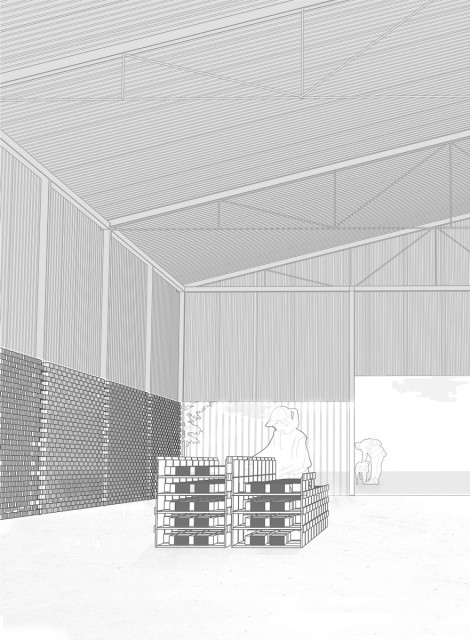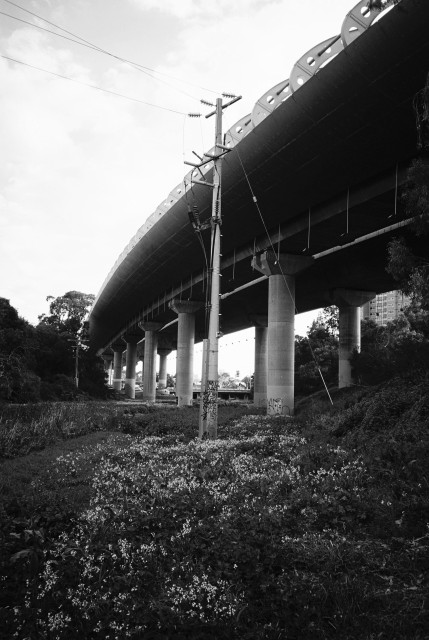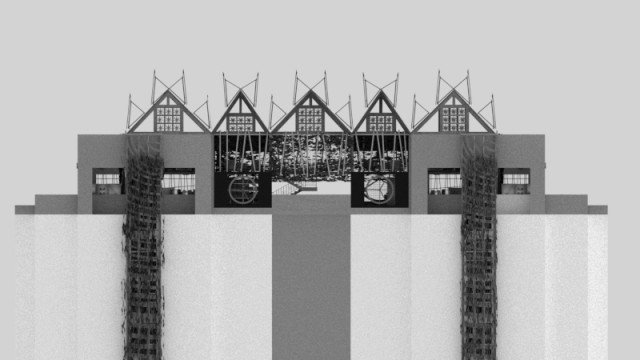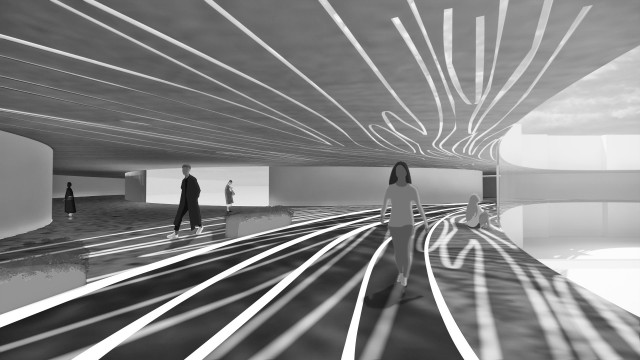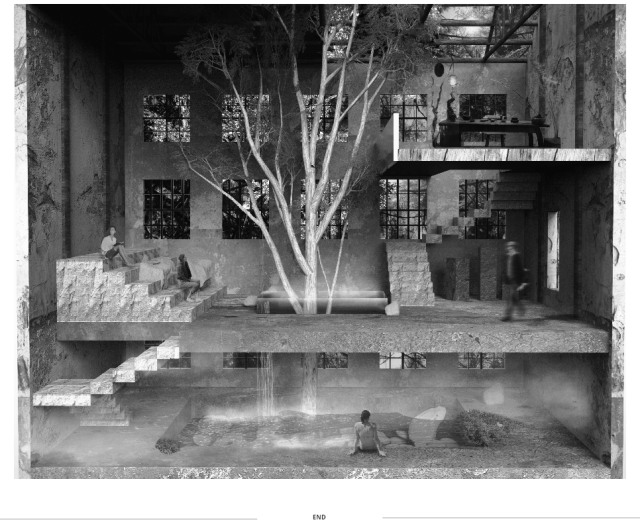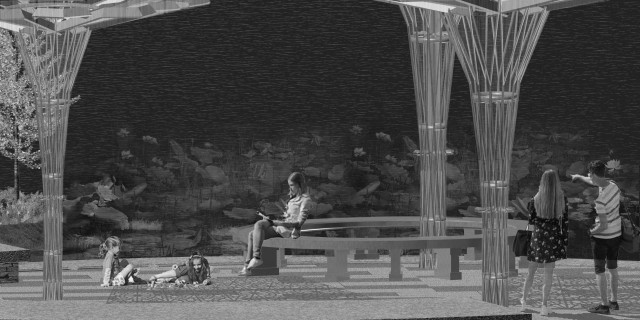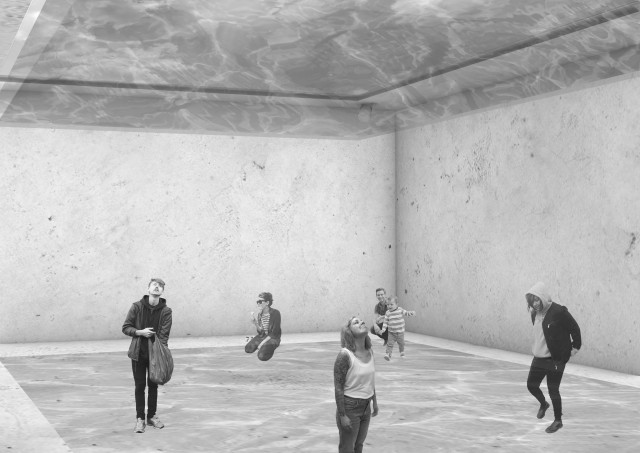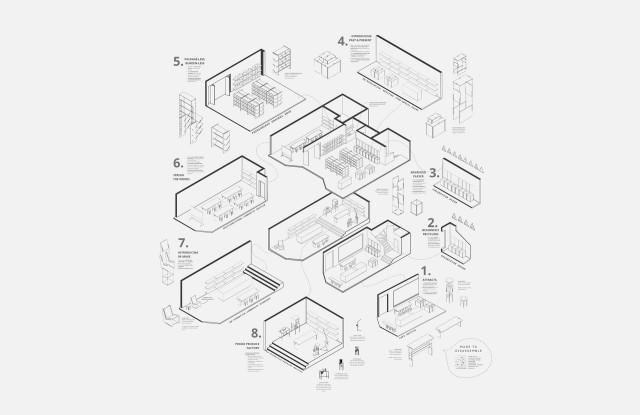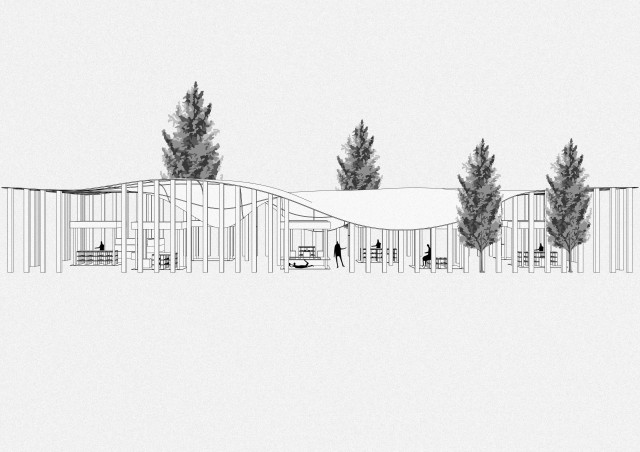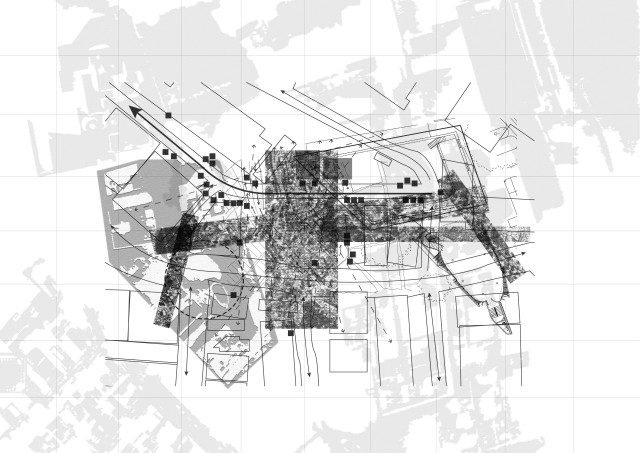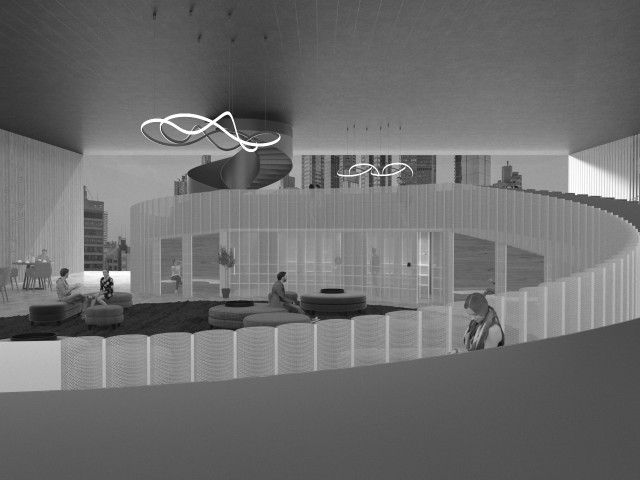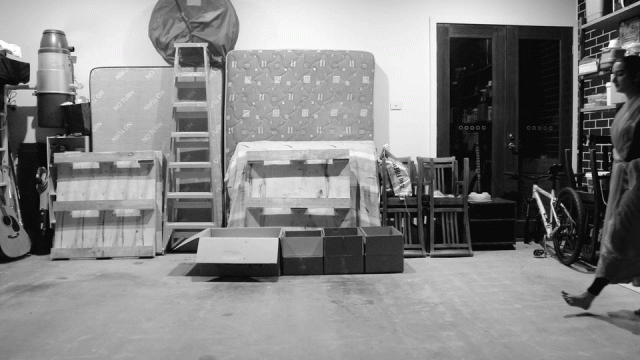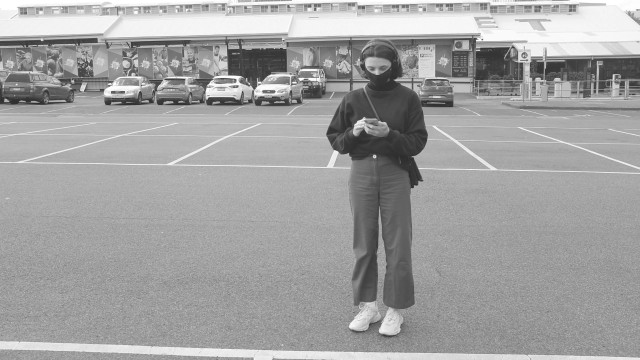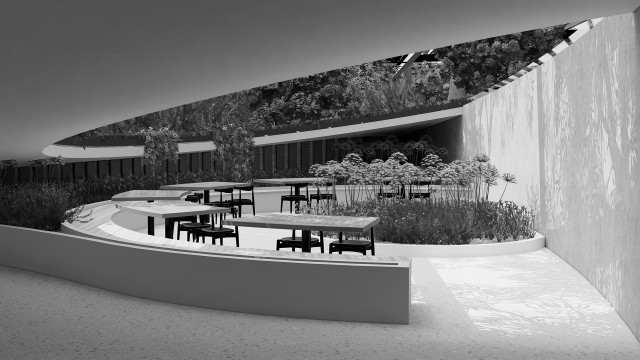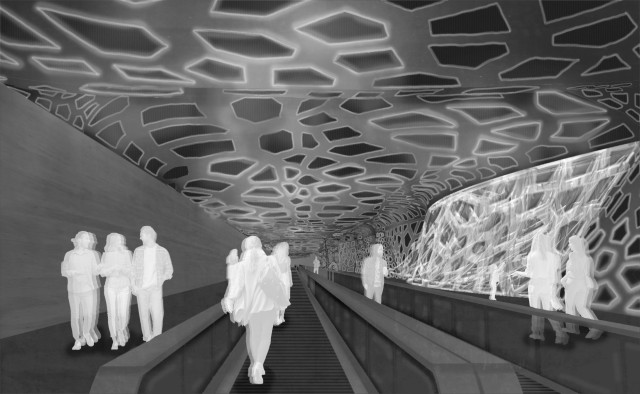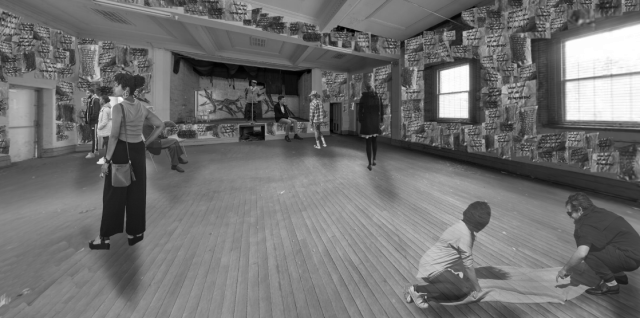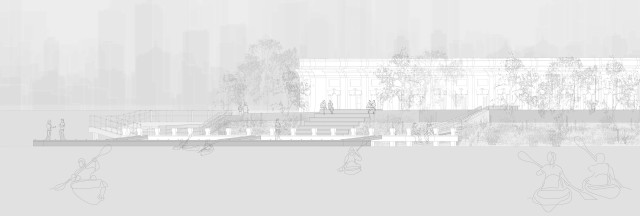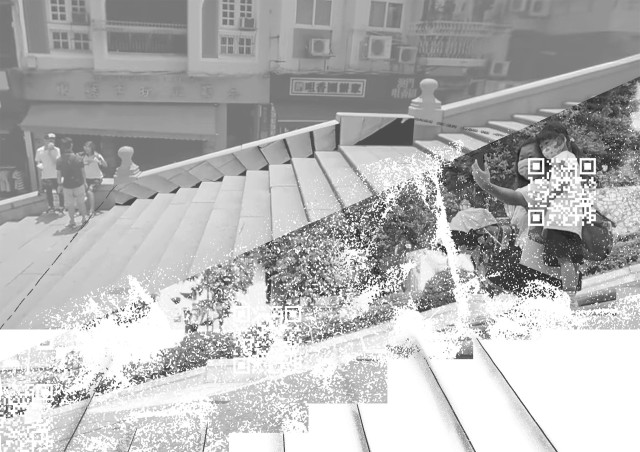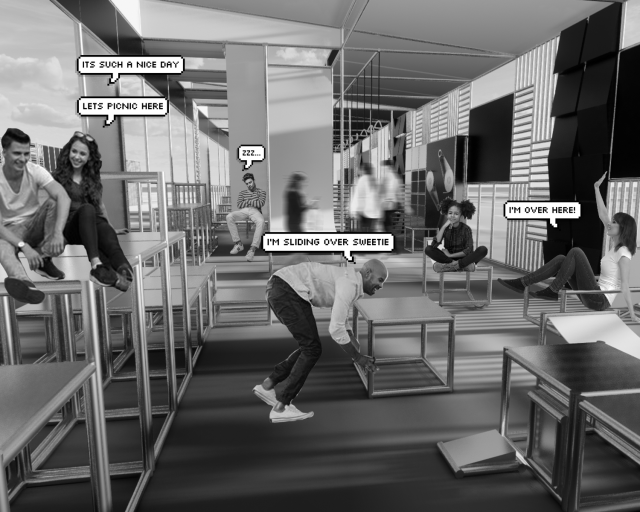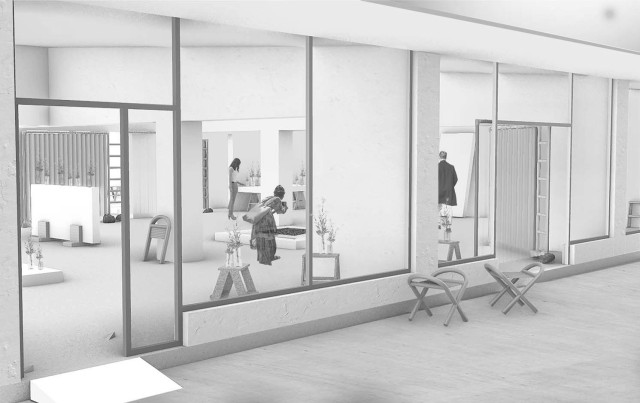Li Yen Teng, Off-Road [×]

How can an understanding of existing infrastructure and spatial systems (road systems) be used as a design tool to produce a responsive interior?
Off-Road explores the potentialities of using residual spaces under and in Kuala Lumpur road systems for more than travel and transit. The epitome of accessibility and connectivity, the project looks at its possibilities for activation. Informed by the practice of urban improvisation, the project examines how joinery and structural interventions can address and react to contemporary understandings of the city. With the lack of public and social space in KL, this project opens opportunities to use existing infrastructure to house a range of public programs that support the community.
Situated under a flyover in the Imbi-Kampung Pandan Roundabout, Off-Road is a platform for communities to build resilience and support through adversity or crisis. Partnered with the Kechara Soup Kitchen, Off-Road proposes a series of empowerment programs that focus on skills retraining. As an area that is open and accessible to all people, regardless of gender, race, ethnicity, age, or socio-economic level, the project rethinks the current role of road systems and considers it an opportunity to reconnect communities back to the city.
With this, the project views boundaries as zones of negotiation and the value these road systems have to create a new narrative within the city. As Kuala Lumpur undergoes rapid modernization and urbanization, listening and reacting to existing networks becomes essential.
Through digital mediums such as 3D modeling, photography, and diagramming, the project proposes a series of workshop spaces that expand and contract to facilitate the different occupations of volunteers and the public. From these interventions, Off-Road examines how designers can respond to our cities, creating opportunities for road systems and other built environments to go beyond their intended function.
Situated under a flyover in the Imbi-Kampung Pandan Roundabout, Off-Road is a platform for communities to build resilience and support through adversity or crisis. Partnered with the Kechara Soup Kitchen, Off-Road proposes a series of empowerment programs that focus on skills retraining. As an area that is open and accessible to all people, regardless of gender, race, ethnicity, age, or socio-economic level, the project rethinks the current role of road systems and considers it an opportunity to reconnect communities back to the city.
With this, the project views boundaries as zones of negotiation and the value these road systems have to create a new narrative within the city. As Kuala Lumpur undergoes rapid modernization and urbanization, listening and reacting to existing networks becomes essential.
Through digital mediums such as 3D modeling, photography, and diagramming, the project proposes a series of workshop spaces that expand and contract to facilitate the different occupations of volunteers and the public. From these interventions, Off-Road examines how designers can respond to our cities, creating opportunities for road systems and other built environments to go beyond their intended function.










